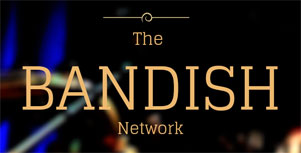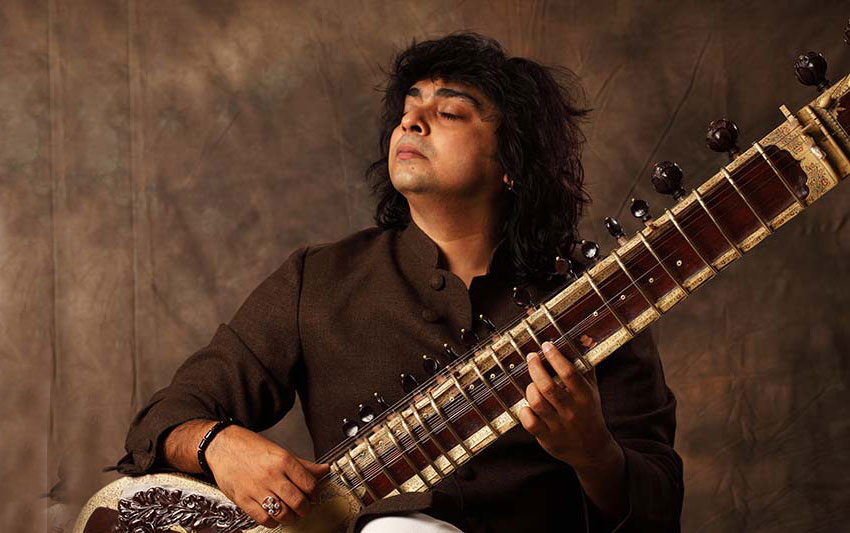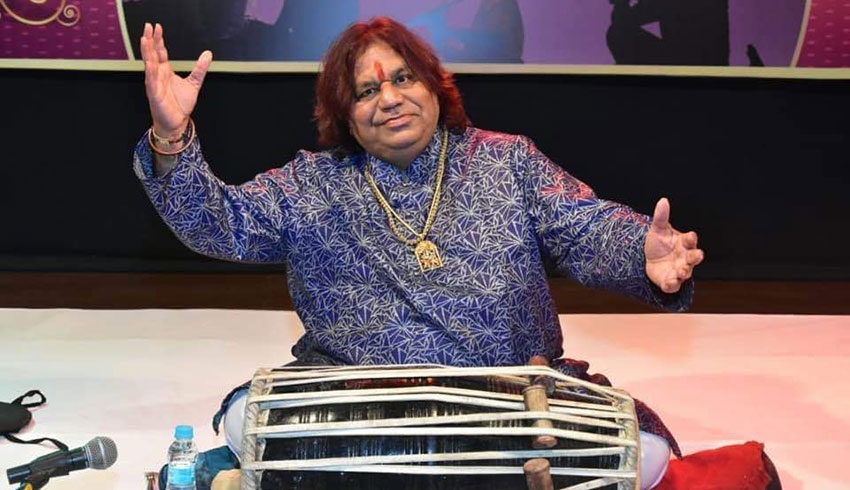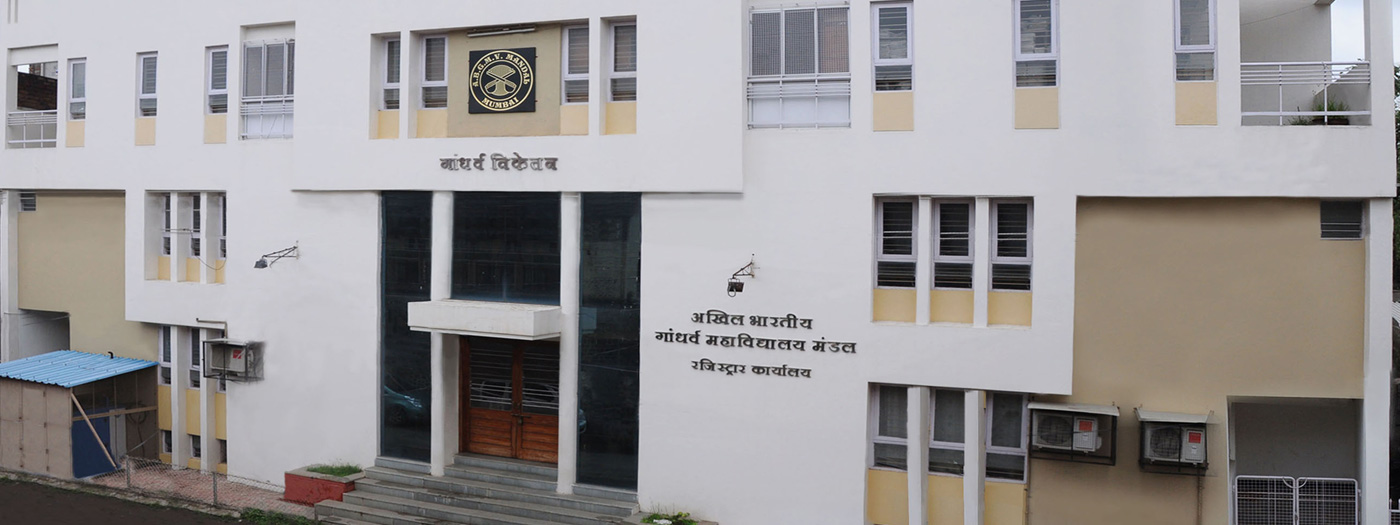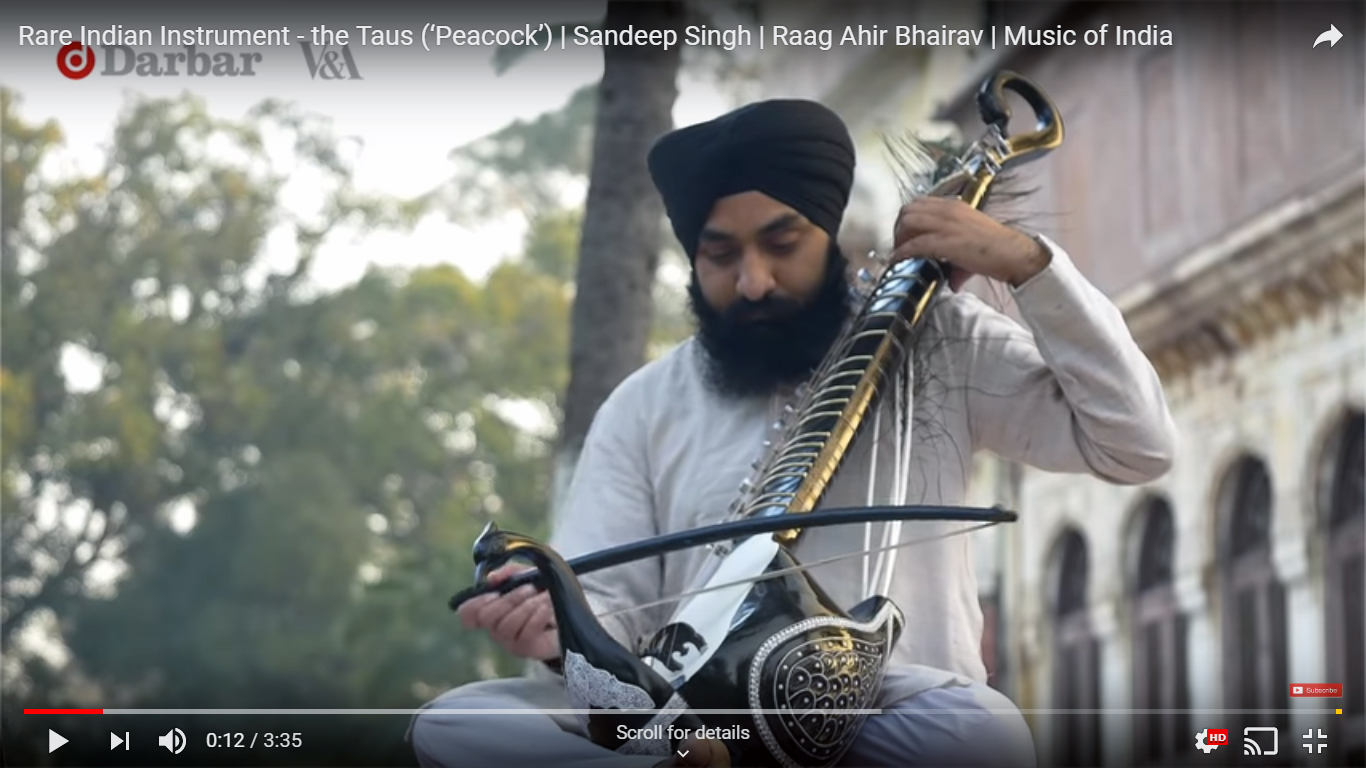The scene is set … Fine aromatic air pervades a subtle ambience with soft lights and incense. Gracefully seated on the centre stage of the ‘Naada Yoga’ backdrop is one of the world’s most senior musicians, Pandit K. Sridhar. As he embraces the ‘taar’ (strings) in Raga Darbari, one simply cannot help but notice how he captures every micro note with the utmost care and precision. Each cord aligned with a receptive heart conveys a unique exploration of the raga to meet greater depth whilst keeping the grammatical structure imposed by it intact. As the resonant sounds of his sarod speak avidly with the environment, the energy grows and Panditji unites with his listeners in the sacred space of bliss.
In the beginning, there is the musician, the instrument, and the audience. In the end, all three merge into the ocean of sound
Pt. K Sridhar was born into a family of priests of the legendary Brihadeeshwara Temple at Tanjore, where he found himself in the lap of worship, yoga and chants originating from the Sama Veda and gained a thorough foundation in the system of Carnatic music. Panditji established his early life in Mumbai coming into contact with many musicians of the generation including Pandit Ravi Shankar, Ustad Ali Akbar Khan, Pandit Lacchu Maharaj, Pandit Taranath Rao Hattiangadi, Pandit Ravi Bellare and Pandit Shashi Bellare. It was Ustad Zia Mohiuddin Dagar with whom Panditji tied the ganda (a sacred thread tied on the wrist) and thus was decided that Panditji would play the sarod for life. In fact, Dagar Saheb also picked the violin for Panditji’s his elder brother, Pandit K. Shivakumar, and the sitar for his mother – his first Guru.
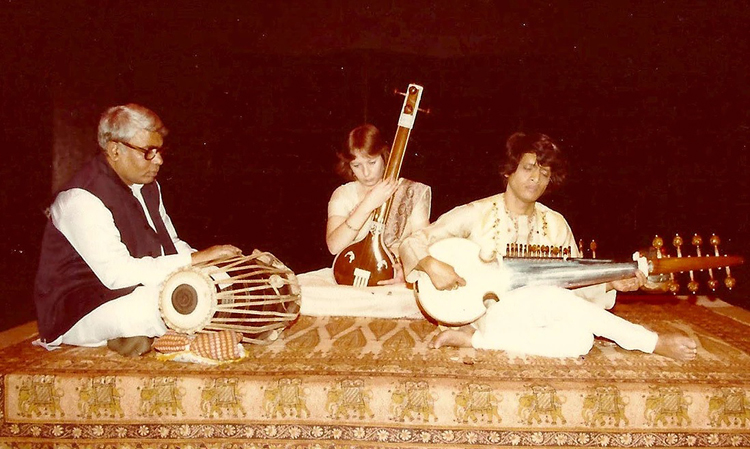
His keen aptitude for playing the sarod was not missed by Pandit Ravi Shankar who, on the basis of watching him tune his instrument, invited him to join his famed orchestra at the mere age of 11.

In the later years, Panditji explored musical potential with the South Indian film industry and left the shores of India to travel west. Over the decades since then, he has performed at numerous music festivals with leading artists.
A septuagenarian present in the UK and the US, asks with a mischievous smile as I urge him to tell me who else he has performed with:
Do you not feel, that in Hindustani Classical Music, a musician’s biodata is more important than his performance?
Come and lose yourself to my music, not my biodata.

Observing his audiences at the various concerts where I have attended or been lucky to accompany, I have always wondered why his raga renditions evoke emotional responses in his audiences. Panditji traces the roots of his music fundamentally to Dhrupad with defined emphasis on the grammar of the raga, the usage of the micro-tones and long extended alaaps, which is the exceptionality of the Dagar tradition. With regards to musical aesthetics, Panditji plays the Beenkaar (tantrakari) Style of sarod. His performances combine both Ustad Ali Akbar Khan Saheb’s austerity and Pandit Ravi Shankar’s flamboyance. In the footsteps of the latter, he draws the inspiration for raga improvisation from Carnatic music as well as its counting system to explore the raga grammar as well as intricate taals respectively.
Improvisation in Indian Classical Music
When Indian music is ninety-nine percent improvised, then why do people crave for more and more compositions? Why do they not learn to compose?
“Students today want more and more compositions. But a raga is an experience! If the notes of the raga form a Body, the composition is its Mind and the Shruti becomes the Soul. A student must spend time to absorb the rules of the raga, the shrutis that define its experience, and then practice to become strong on the taal aspect. I don’t teach my students any compositions. In due course of time, they come up with it on their own. Perhaps it is to compensate for the lack of discipline on the students’ part that teachers now supply compositions and this has become the norm.”
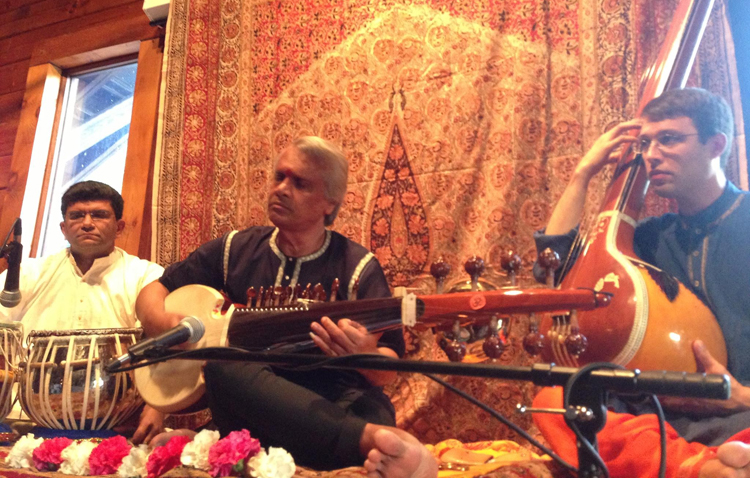
Panditji shares the story of one of his students Michael Griska who plays the Sitar. “Look at Mike. He came to me one day and said, quite unlike anyone else, ‘I want to learn to play a raga. I want to learn the grammar’. I have not taught him any composition. Not one. But I constantly checked his grammar in the execution of the raga. He persevered through his dedication, devotion, and discipline practising up to fifteen hours a day. Today, a few years later, he can create his own compositions in any raga and any taal because he now understands the fundamentals of improvisation.”
Fusion Music
Panditji has worked with many musicians from different genres over the past many decades. He fondly remembers the album Arabandi: East Meets East fusing the sounds of his sarod with various Arabic and Persian instruments. “It was a fun experience. I played Keerwani in the Arabic style while they played it in the Indian style. Fusion works only if the artists have respect for each other. Otherwise, it ends up becoming confusion, dilution, pollution, domination, and anything else but fusion,” he laughs.
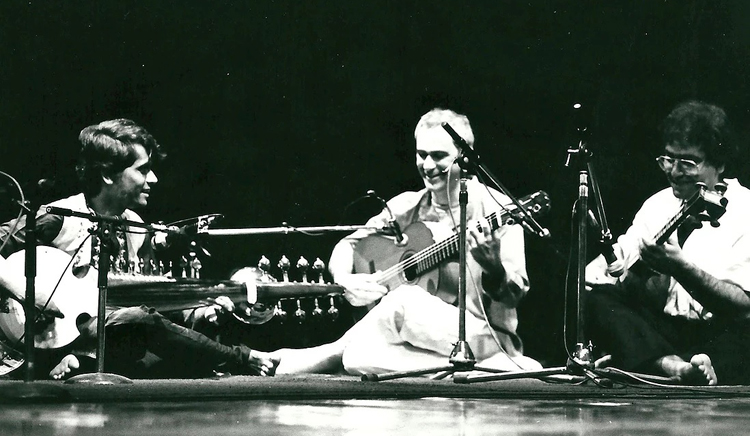
Panditji’s message follows in the same profound vein as his music:
Listen with the heart, not the mind. Try to surrender to the music and let it take you where it goes. Afterwards, the melody won’t stay with you, but like incense, the fragrance of the music will stay for some time. If you listen from the head, you will gain Knowledge but if you listen from the heart, you will gain Experience…
(PC: Provided by Shri Sandeep Hattangady)
About the Author:
 Sandeep Hattangady has pursued Tabla for more than two decades, learning from eminent Tabla Gurus including Shri Prabhakar Betrabet, Ustad Shabbir Nisar and Pt Mohan Balvalli. He has performed widely in India and the United States, playing both solo and accompanying artists such as Pt K Sridhar, Shri Anirban Dasgupta, and Dr. M Narmadha among others.
Sandeep Hattangady has pursued Tabla for more than two decades, learning from eminent Tabla Gurus including Shri Prabhakar Betrabet, Ustad Shabbir Nisar and Pt Mohan Balvalli. He has performed widely in India and the United States, playing both solo and accompanying artists such as Pt K Sridhar, Shri Anirban Dasgupta, and Dr. M Narmadha among others.
Based in Morrisville, Sandeep balances his musical interest in performing and teaching Tabla alongside his professional pursuits working as an electrical engineer in the semiconductor industry. He has co-authored the book, TIHAAI, with his Guru Shri Prabhakar Betrabet for students of Tabla and music.




